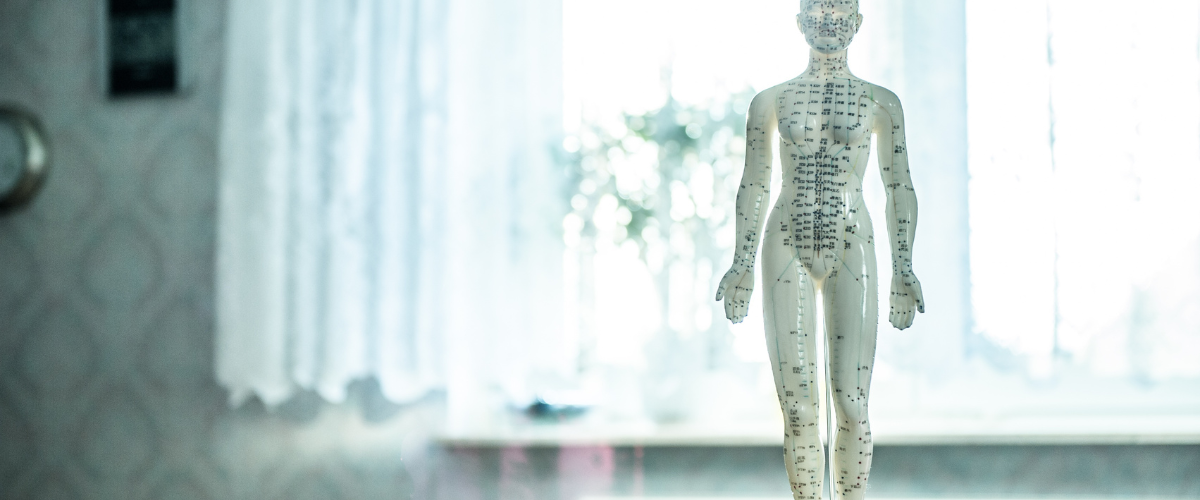Acupuncture has been practiced for centuries and is known for its ability to alleviate various ailments and imbalances in the body. One particular area where acupuncture has shown promising results is in relieving cramping during pregnancy, specifically at 38 weeks when contractions are yet to occur. Cramping at this stage can be discomforting and worrisome for expectant mothers, but acupuncture offers a safe and natural approach to provide relief. By targeting specific points in the body, acupuncture can help regulate the flow of energy, release tension, and stimulate the body’s natural healing mechanisms, ultimately reducing cramping and promoting relaxation. This introductory paragraph will delve deeper into how acupuncture can be an effective solution for pregnant women experiencing cramping without contractions at 38 weeks.

What could be causing cramping at 38 weeks of pregnancy without any contractions?
Cramping at 38 weeks of pregnancy without any contractions could be caused by a few different factors. One possibility is that the cramps are due to the muscles and ligaments in the uterus stretching and preparing for labor. Additionally, the increased weight of the baby and pressure on the pelvic area can also contribute to cramping. Another potential cause could be Braxton Hicks contractions, which are irregular contractions that are not indicative of true labor. Dehydration or constipation may also lead to cramping. However, it is important to consult with a healthcare provider to determine the exact cause and ensure the health and well-being of both the mother and baby.

Is it normal to experience cramping without contractions at this stage of pregnancy?
It is not uncommon to experience cramping without contractions during pregnancy, especially in the early stages. This can be attributed to various factors such as the stretching and growth of the uterus, increased blood flow to the pelvic area, or even gas and constipation. However, it is important to consult with a healthcare provider if the cramping is severe, persistent, or accompanied by other concerning symptoms, as it could potentially indicate an underlying issue that needs attention.
How can I differentiate between normal cramping and preterm labor at 38 weeks?
Differentiating between normal cramping and preterm labor at 38 weeks can be challenging, but there are some signs that can help. Normal cramping during pregnancy is usually sporadic and inconsistent, often described as similar to menstrual cramps. It may come and go without increasing in intensity and is generally not accompanied by other symptoms like back pain or regular contractions. On the other hand, preterm labor contractions tend to be more regular, frequent, and increase in intensity over time. They may also be accompanied by other signs such as lower back pain, pelvic pressure, vaginal bleeding, leaking of fluid, or a change in vaginal discharge. If you are unsure or concerned about the cramping you are experiencing, it is always best to consult with your healthcare provider for a proper evaluation and guidance.
Are there any home remedies or natural methods to alleviate cramping during this stage of pregnancy?
During pregnancy, cramping can be a common discomfort. While it is always important to consult with a healthcare professional to ensure the well-being of both the mother and baby, there are some home remedies and natural methods that may potentially alleviate cramping during this stage of pregnancy. These include staying hydrated, practicing gentle exercises like walking or prenatal yoga, applying heat to the affected areas through warm baths or heating pads, using relaxation techniques such as deep breathing or meditation, getting regular prenatal massages, trying acupuncture or acupressure, and maintaining a healthy diet rich in magnesium and potassium. However, it is crucial for pregnant individuals to discuss these remedies with their healthcare provider before implementing them, as each pregnancy is unique and individual circumstances may require specific medical advice.
Should I be concerned about the cramping if there are no accompanying contractions?

If you are experiencing cramping without any accompanying contractions, it is generally not a cause for immediate concern. Cramping can occur due to various reasons such as gas, constipation, dehydration, or even mild uterine stretching. However, if the cramping becomes severe or is accompanied by other worrisome symptoms such as bleeding, fever, or intense pain, it is advisable to consult a healthcare professional for a proper evaluation and reassurance.

Can certain activities or movements trigger cramping in late pregnancy?
Yes, certain activities or movements can trigger cramping in late pregnancy. As the baby grows and takes up more space, the uterus expands and puts pressure on surrounding muscles and ligaments. This increased pressure can cause cramping when certain movements or activities put additional strain cramping 38 weeks but no contraction on those already stressed areas. Additionally, hormonal changes and the stretching of the uterine walls can also contribute to cramping. It is important for pregnant individuals to listen to their bodies and avoid activities that cause discomfort or pain to prevent further cramping episodes.
Is there a possibility that the cramping could be a sign of a complication or medical condition?
If cramping persists without contractions, it is important to be aware of certain warning signs or symptoms that may indicate a potential issue. These could include severe or worsening pain, vaginal bleeding or spotting, fluid leakage from the vagina, a decrease in fetal movement, or any other unusual or concerning symptoms. It is crucial to consult with a healthcare provider if experiencing these warning signs, as they could potentially indicate complications such as preterm labor, placental problems, or other conditions that require medical attention.
Are there any warning signs or symptoms I should look out for if the cramping persists without contractions?

In conclusion, acupuncture has shown promising results in providing relief for cramping during pregnancy at 38 weeks, even in the absence of contractions. By targeting specific pressure points and promoting the flow of energy throughout the body, acupuncture can help alleviate muscle tension and reduce discomfort. However, it is important to note that every individual’s experience may vary, and it is advisable to consult with a healthcare professional before trying any alternative therapies. Additionally, acupuncture should be administered by a qualified practitioner who specializes in prenatal care to ensure safety and effectiveness.
When to Worry: Cramping at 38 Weeks with No Contractions
